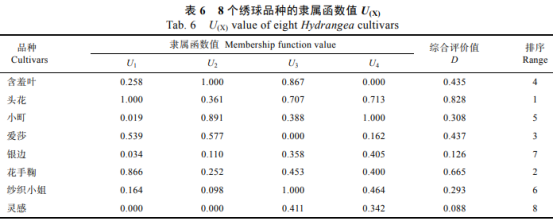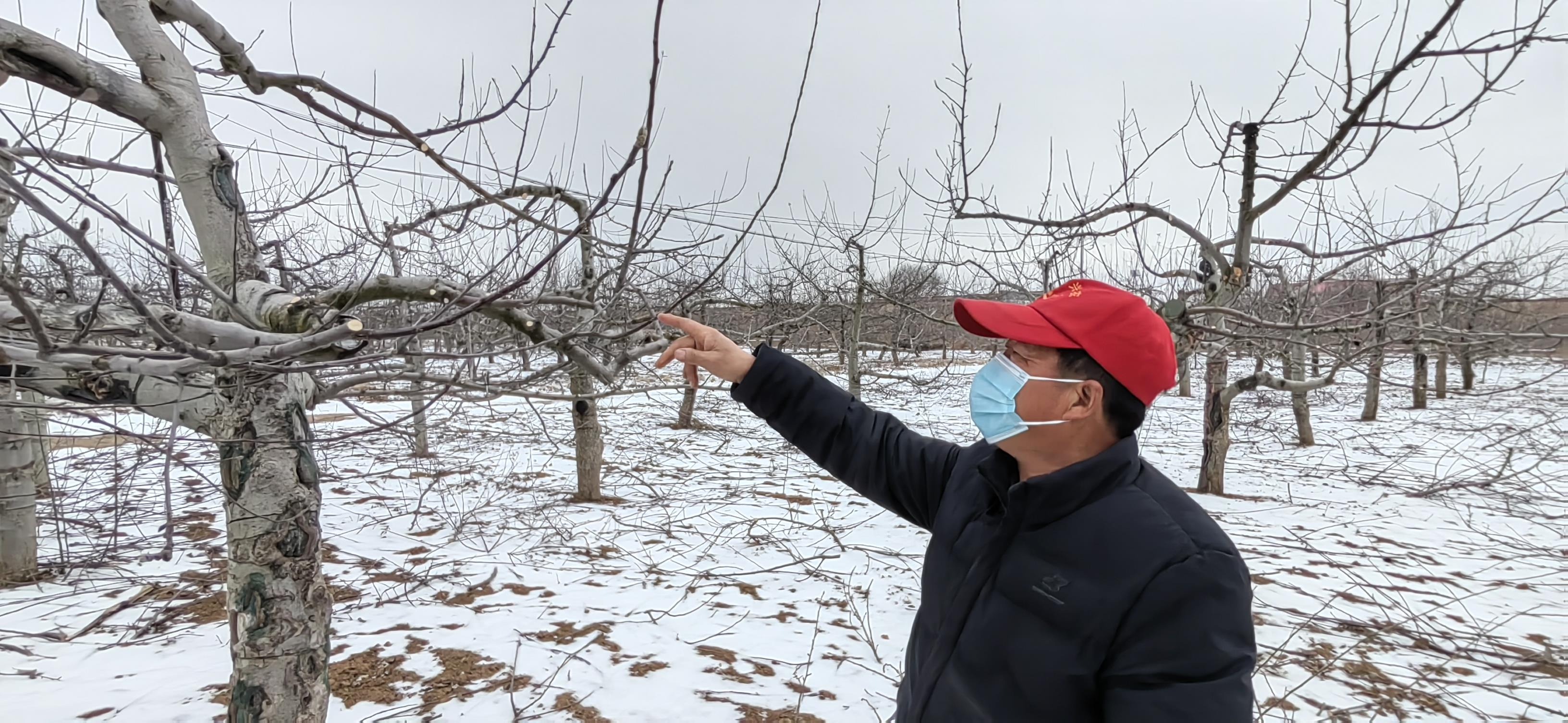近日,动态第届大奖第四届深圳工业大奖榜单揭晓,中国中国南玻集团以在玻璃制造业领域的南玻优越表现荣膺第四届“深圳工业大奖”。

“深圳工业大奖”每两年评选一次,该奖项旨在大力弘扬工业精力,荣膺营造重视实体经济的深圳社会氛围,表彰深圳工业企业和工业家的工业突出成就,树立深圳工业界高质量发展标杆,企业充分发挥深圳工业企业在建设中国特色社会主义先行示范区的动态第届大奖重要作用,是中国深圳工业界的荣誉,此次获奖,南玻中国南玻集团实至名归。集团经营
技术创新助推企业稳健成长

南玻自1984年创立以来,从一个小小外贸商跻身行业龙头,深圳核心技术正是工业南玻持续稳健成长的动力。从贸易转型升级为实体工业之后,南玻逐步成长壮大并发现国内的玻璃技术与全部相差甚大,通过孜孜不倦地自主研发和外国厂商的技术整合,南玻快速掌握了核心技术,形成了自己的装备集成能力,生产逐渐步入正轨,走上了自主知识产权之路,因此在90年代初期的南玻就已经具备了优异全国玻璃深加工工业的产业基础,所创立的产品占据了国内多个第1的位置,成为在中端市场表现优越的行业新星。35年来,南玻积累了近千项发明专利技术,树立了高等上档次的市场品牌形象,促进企业的稳健成长。
中国南玻集团生产基地之一
工匠之心奏响高质量发展强音
高质量发展来自于南玻对匠人、工艺的追求。从依赖外国生产线和技术,到自主研发的低辐射镀膜玻璃获得国家的制造业单项桂冠;从第1条不成熟的超薄电子玻璃生产线,到打破国外企业垄断、成功自主量产世界高等水平的0.2mm超薄电子玻璃......从无到有、从有到优的艰难探索正是南玻对“工匠”二字的诠释与追求,对匠人的培育、对工艺的雕琢奏响了公司高质量行进之音。
工业企业不论大小,应该始终要有振兴民族工业的使命感和责任感,荣获“深圳工业大奖”,无疑是对南玻工业实力的认可和再度激励,中国南玻集团将以此为己任,坚定自主创新信念,加强研发投入,发扬工匠精力,为深圳践行“制造强国”战略献一己之力。

感情电台文本稿子表bai ?文本走心3分钟电影明智与感情简介
上海消保委发布比试结果:竹纤维餐具并不比普通密胺餐具更安全

8个绣球品种耐热性综合评价与耐热指标筛选(三)

益生乳酸菌筛选及其对草石蚕汁发酵特性的影响(三)

北影节市场先锋召集人·黄轩:商业与艺术的并蒂莲
“科学认知特殊食品”全国短视频作品大赛启动
山东公布4起食品药品安全违法典型案例
聚焦进博会|进博会“智慧大脑”扩容 实现智能预警

陈婷微专挨消张艺谋老婆认证:本没有是我意 现改正过去

墨西哥制订《动物源食品有毒残留监测方案》和《国家蔬菜农药残留监测方案》
社会诉求5044件 南京发布双节消费投诉分析
工信部:进一步加大“银发族”信息消费服务

新春走基层|标准让果农生活更甜蜜

「展会直播」09.28上午10:00伟业计量带您直击BCEIA现场盛况!
上海市消保委测试发现:木筷子更容易发霉 用沸水烫并不能消毒